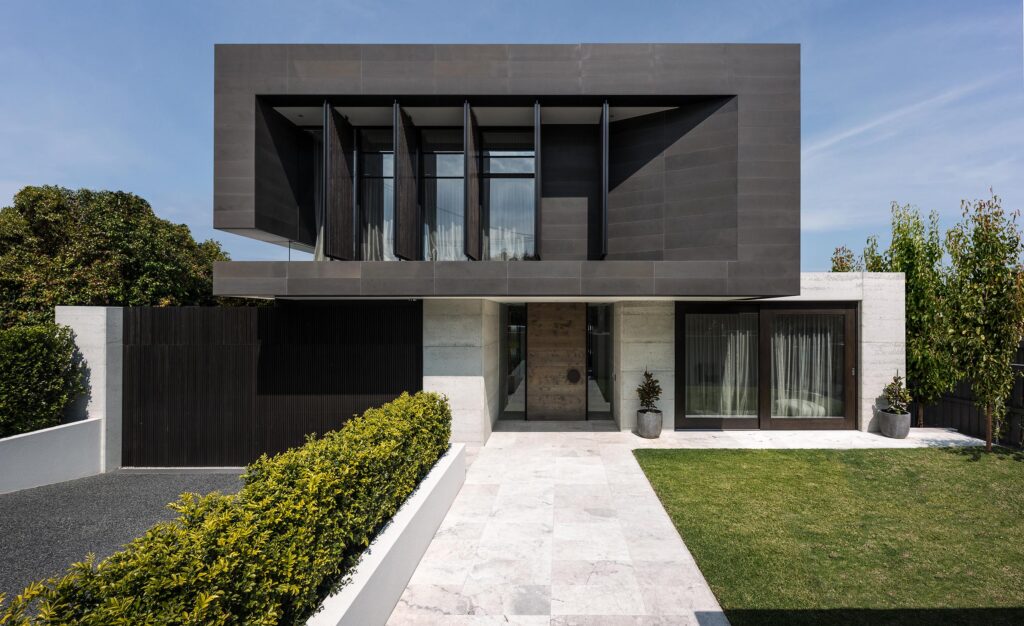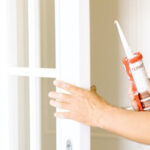Introduction: Dubai’s construction industry is evolving rapidly, driven not only by architectural innovation but also by a growing emphasis on sustainability. As the city strives to become more environmentally conscious, the demand for cost-effective green building materials for dubai has surged. In this blog post, we’ll explore some of the most promising eco-friendly materials tailored to Dubai’s unique climate, offering both sustainability and cost-effectiveness.
- Solar Reflective Paints and Coatings: Dubai’s scorching sun can significantly contribute to building heat gain, leading to increased energy consumption for cooling. Solar reflective paints and coatings are designed to reduce solar heat absorption, thus lowering indoor temperatures and decreasing reliance on air conditioning. These coatings can be applied to various surfaces, including roofs and walls, offering a simple and affordable solution for energy-efficient construction.
- AAC Blocks (Autoclaved Aerated Concrete): AAC blocks are lightweight, precast building materials known for their thermal insulation properties. They offer excellent heat resistance, reducing the need for artificial cooling systems during the sweltering Dubai summers. Additionally, AAC blocks are manufactured using environmentally friendly processes, making them a sustainable choice for eco-conscious builders.
- Bamboo Flooring: Bamboo is a rapidly renewable resource that offers an eco-friendly alternative to traditional hardwood flooring. Its durability, strength, and natural beauty make it an attractive option for sustainable construction projects. Bamboo flooring is also highly resilient to Dubai’s humidity and temperature fluctuations, making it an ideal choice for both residential and commercial spaces.
- Recycled Glass Countertops: For stylish and sustainable kitchen and bathroom countertops, recycled glass surfaces are gaining popularity in Dubai. These countertops are made from recycled glass fragments embedded in a resin or cement binder, creating a durable and visually appealing surface. Not only do they divert waste from landfills, but they also offer a unique aesthetic that complements modern interior designs.
- Insulated Concrete Forms (ICFs): ICFs are prefabricated building blocks composed of expanded polystyrene (EPS) or extruded polystyrene (XPS) foam, which are filled with concrete to form solid walls. These blocks provide excellent thermal insulation, reducing energy consumption for heating and cooling. In Dubai’s climate, where temperature extremes are common, ICFs offer superior comfort and energy efficiency compared to traditional construction methods.
Conclusion: Incorporating cost-effective green building materials into construction projects in Dubai is not only beneficial for the environment but also for long-term cost savings and energy efficiency. By choosing materials such as solar reflective coatings, AAC blocks, bamboo flooring, recycled glass countertops, and insulated concrete forms, builders can create sustainable structures that thrive in the desert climate while reducing their carbon footprint. As sustainability continues to drive the construction industry forward, these eco-friendly materials are poised to play a crucial role in shaping the future of building in Dubai.


